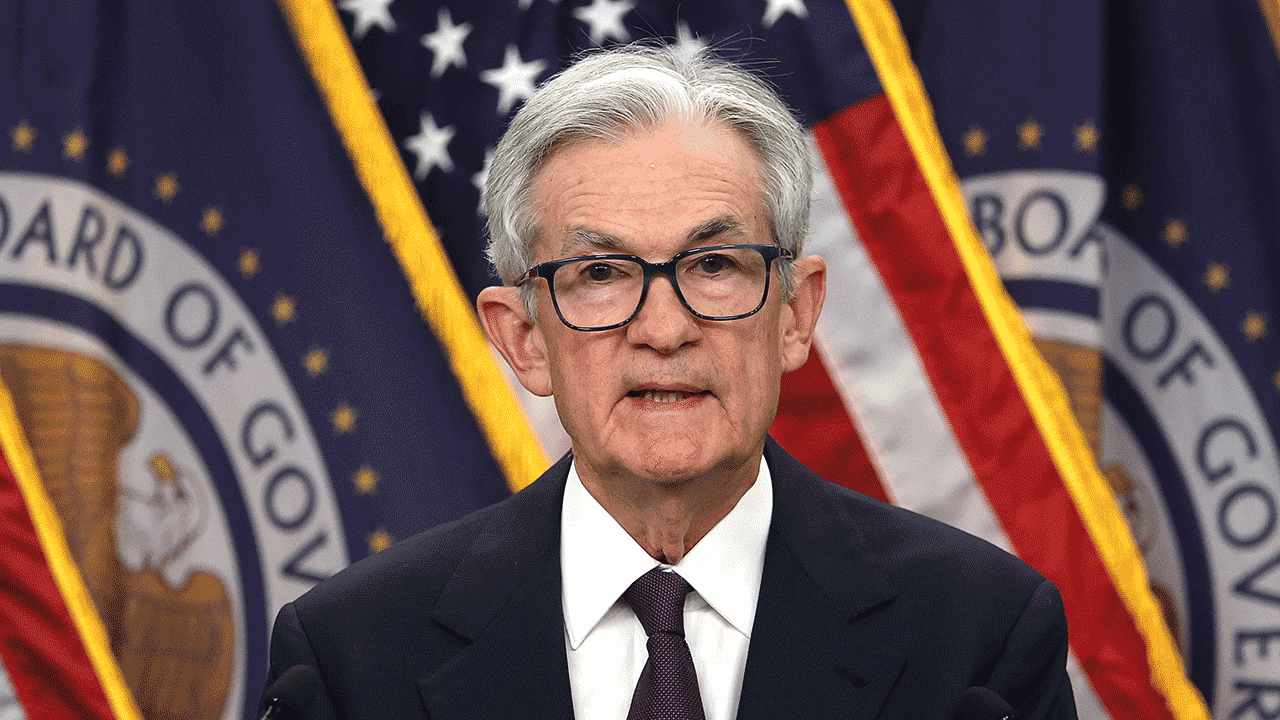
IMF Predicts Global Growth Slowdown Amid Tariff Tensions
IMF's Global Economic Projections
The International Monetary Fund (IMF) has revised its global economic growth forecast for 2025 to 2.8%, a significant downgrade from its earlier estimate of 3.3%. This adjustment reflects the mounting impact of tariff policies and escalating trade tensions. The global economy is expected to face heightened challenges as trade restrictions disrupt supply chains, reduce consumer confidence, and stifle investment activities. The IMF also predicts a mild recovery to 3% in 2026, though it remains below pre-tariff growth expectations.
The IMF’s analysis underscores that global trade fragmentation could shave off half a percentage point from economic growth. The compounded effects of tariffs and policy uncertainty are creating a volatile environment, exacerbating inflationary pressures and weakening cross-border trade flows. As a result, the odds of a global recession in 2025 have risen to 30%, according to IMF Chief Economist Pierre-Olivier Gourinchas.
Regional Economic Impacts
The United States is expected to see its growth rate decline to 1.8% in 2025, down from 2.7% in 2024. Inflation in the U.S. is projected to reach 3% by the end of 2025, driven by tariff-induced price increases and underlying strength in service sectors. The IMF has also raised the likelihood of a U.S. recession, estimating the odds at 37%.
China’s economy is forecasted to grow at a slower pace of 4% in 2025, reflecting a 0.6 percentage point downward revision from earlier projections. The Eurozone is anticipated to expand by just 0.8% in 2025, with Germany’s economy stagnating at 0%. Meanwhile, Japan’s growth is expected to decelerate to 0.6%, highlighting the widespread nature of the economic slowdown.
Key Risks and Central Bank Responses
The IMF highlights trade policy uncertainty as a critical risk to global economic stability. Businesses are likely to delay investment decisions due to unclear trade frameworks, further dampening global investment and productivity. Additionally, inflation risks remain elevated, with rising import costs and supply-side disruptions adding to the pressure.
Central banks are urged to adopt a cautious stance to anchor inflation expectations effectively. The IMF has emphasized the importance of maintaining central bank independence to bolster credibility and ensure effective monetary policy. Policymakers are advised to resist premature rate cuts, as doing so could require subsequent rate hikes to counteract resurgent inflationary pressures. The report stresses the need for coordinated global efforts to reduce trade tensions and establish transparent economic policies to restore market confidence.
 Sources
Sources- IMF expects 'significant slowdown' 2025 Trump tariffs economic uncertainty
 yahoo
yahoo - IMF cuts growth forecasts countries wake century-high tariffs
 yahoo
yahoo - US, global economic outlook worsens face Trump's tariffs, IMF says
 yahoo
yahoo - US, global economic outlook worsens face Trump's tariffs, IMF says
 abc
abc
- IMF expects 'significant slowdown' 2025 Trump tariffs economic uncertainty
 yahoo
yahoo - IMF cuts growth forecasts countries wake century-high tariffs
 yahoo
yahoo - US, global economic outlook worsens face Trump's tariffs, IMF says
 yahoo
yahoo - US, global economic outlook worsens face Trump's tariffs, IMF says
 abc
abc




